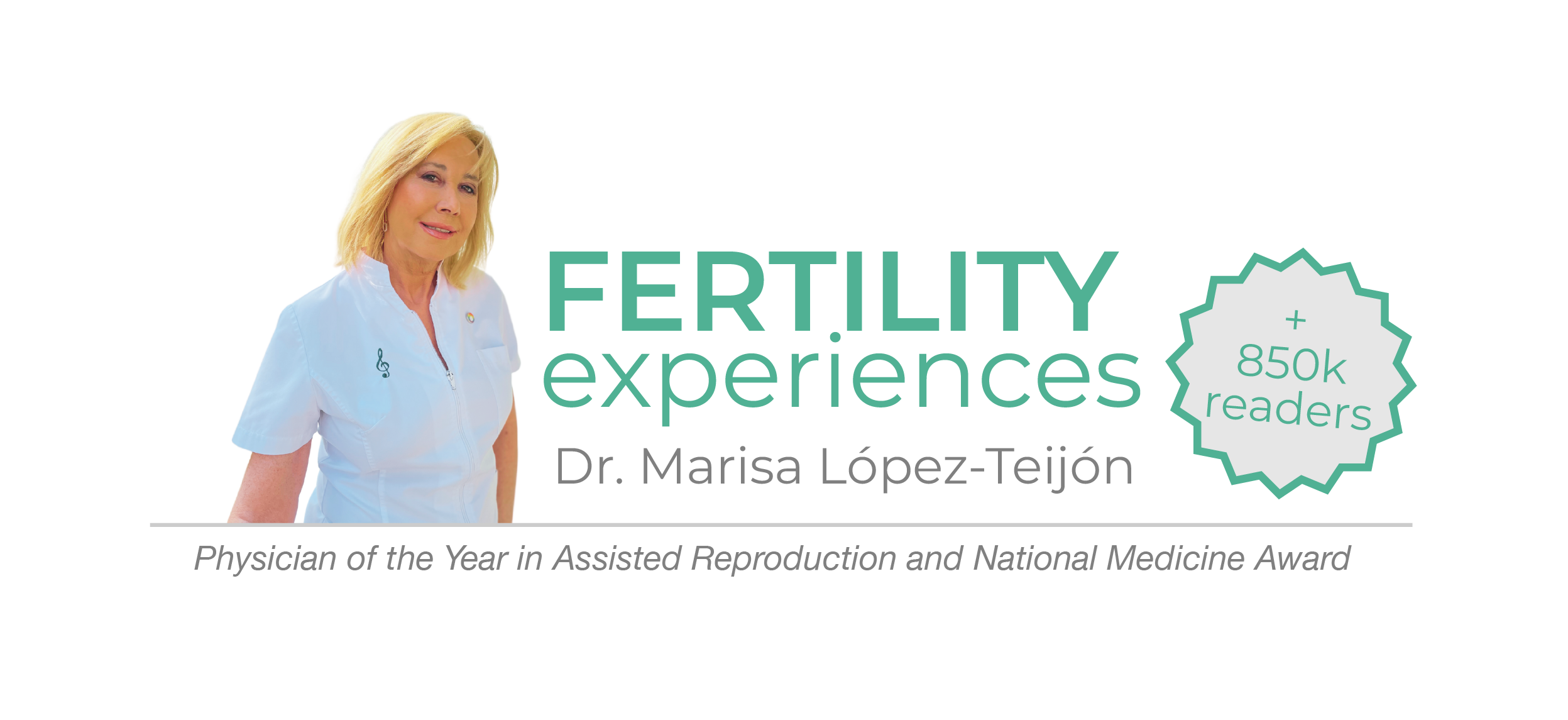We have made a discovery about the beginning of life! We have assessed that embryos have the capacity to self-repair from the second day of life. We have presented this discovery at the most important congresses on Assisted Reproduction, as it completely changes the way embryos are assessed in In Vitro Fertilisation treatment.
In order to explain you this I have to tell you about something beforehand:
In IVF treatments, the embryos are classified following guidelines based on their appearance and the way they develop. In this way, only those considered to have a better prognosis for implanting, continue evolving and becoming a healthy baby, are transferred to the patient.
Nowadays, it is considered optimal for an embryo to have four cells on the second day of life and eight cells on the third one. There are embryos that, suddenly, on the second or third day make one of their cells disappear, from the current four to three and, afterwards, they keep dividing as if nothing had happened. Have a look at this video:
To date this phenomenon, known as reverse cleavage, was considered a sign of bad prognosis and, because of this, the evaluation of the embryo was considerably reduced.
With the currently established rules, embryos that do not follow the guidelines are considered to have less chances of developing. In this sense, Institut Marquès is reassessing such guidelines and showing that many of the standard criteria are wrong: Embryos that do not follow a “normal” evolution could reach the same success rates as perfectly divided embryos.
This discovery has been possible thanks to Embryoscope, embryo incubators that have a video camera attached that films the development of the embryos. In our lab, we have been able to capture images of reverse-dividing embryos as they reabsorb their own cells. Also of multinucleated embryos that expel abnormal cells on their fourth or fifth day of life.
Institut Marquès has carried out a retrospective study of the development video of 23340 embryos, from their fertilisation to the blastocyst stage. In 303 of the studied embryos, the presence of complete absorption of one of its cells was observed. So, what happened to these 303 embryos?
Our study proves that the embryos have absorbed cells and, afterwards, they keep dividing until they reach blastocyst stage (early stage of embryo development, which happens between the 5th and the 6th day after fertilisation) have the same implantation, evolutive pregnancy and healthy born baby rates.
These embryos showed a slight decrease of the proportion that reaches blastocyst stage, but the rate of born babies remains, a fact that suggests that the earlier detection of errors by the cells would be implied in this absorption. The embryos that are able to overcome this repair activity have the same reproductive potential. As Dr. Borja Marquès explained at the last congress of the Spanish Society of Gynaecology and Obstetrics (SEGO), this discovery gives life opportunities to embryos that, until now, could have been discarded. We are thus offering new options to our patients. This study received the congress award in its category.
Lecture Dr. Borja Marquès at the SEGO 2021 Congress
(*Remember that you can watch the video subtitled in English/French/Italian thanks to the You Tube tools).
We are currently continuing our research on embryo self-repair. It is exciting finding out that the human being, in its second or third day of life is already capable to determine that one of its cells has been altered and that it has the potential to remove it and keep growing in a healthy way. As Dr. Marquès says in his lecture, this proves that life does not consist in being born perfect, but in being able to correct one’s defects. Not only have those which seem perfect manage to live, but also those who have fought to be perfect.
Just as no two people are physically the same, with the exception of identical twins, no two embryos are the same. The number of possible genetic combinations is infinite. That is why, from the moment of fertilisation, we have all acquired our own unique characteristics, which have made us unique from that very moment.
This happens in all embryos, not only in the IVF ones. Every embryo works as a cell team controlled by a leader, with the purpose of living. If some cells start dividing in an abnormal way and are not able to be controlled, the bad ones will win and the embryo will not be able to develop. It is amazing to see how, from the beginning of life, human beings are able to remove their weaknesses in order to follow the correct criteria and get moving forward in life.

Leave a comment